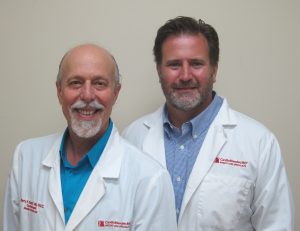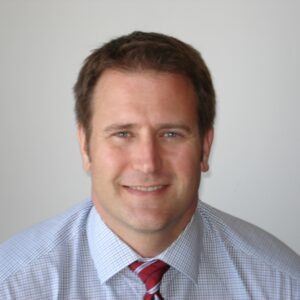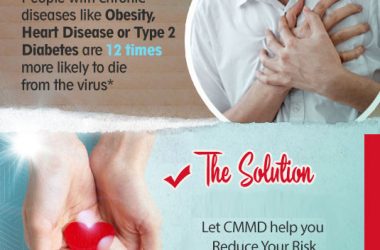In my own words, why I believe I can make a difference with Weight Loss Medicine
I’ve been asked from time to time why I’ve chosen to enter the field of weight loss medicine and wellness. I’d like to take this opportunity to explain that journey and editorialize a bit. My recent choice of field is the result of experiences in my earlier career in hospital medicine and primary care internal medicine. While working as a hospitalist in an emergency department admitting patients, I observed that many, if not most, cases were related to complications of overweight/obesity and could potentially have been avoided with the right preventive care beforehand. While admitting patients for common scenarios such as chest pain, uncontrolled diabetes, blood clots, or leg infections, I often found myself thinking, “What a shame, now this patient has to spend time in the hospital with the risk of additional complications, and no one is addressing the real underlying problem, his/her weight.”
Many patients are aware that obesity contributes to heart disease, high blood pressure, diabetes type 2, low back pain, and degenerative joint disease, particularly of the knees. But there are many additional medical conditions associated with obesity which are not so commonly recognized by the public: stroke, fatty liver disease, certain cancers, deep venous thrombosis/pulmonary embolism, chronic venous insufficiency, sleep apnea, urinary incontinence, gallstones, kidney disease, impaired immunity causing infections, pulmonary disease, Alzheimer’s disease in women, pancreatitis, carpal tunnel syndrome, gout, female infertility, and higher risk for complications during surgery, among others.
Obesity has been a steadily-increasing health problem since the 1980s in the U.S. and is now a problem worldwide. Currently 30% of Americans are clinically obese and an additional 40% are overweight, leaving only 30% of Americans at a healthy weight nowadays. Obesity is now a leading cause of preventable death, second only to smoking. Overall it is estimated that the U.S. spends $270 billion a year on direct and indirect costs related to obesity.
Unfortunately, the response of the U.S. health care industry to this epidemic is slow and inadequate. The American Medical Association did not recognize obesity as a disease until 2013. Emblematic of this response is the paucity of medications that are FDA-approved to help treat obesity, in contrast to hundreds of drugs available to treat the complications of obesity which were mentioned above. Additionally, newer obesity medications are no more effective at treating the condition, but are far more expensive, than appetite suppressants which have been safely helping patients since the 1950s.
Perhaps you have personally experienced the sluggishness of the health care sector’s response to the problem of being overweight. When primary care physicians do attempt weight management, it is often only in passing, and an insufficient solution such as “eat less and exercise more” is typically provided. Experts in the field know, and you have probably discovered yourself, that losing weight is more complicated than that.
While most practicing physicians would like to help their overweight patients lose weight, the truth is that few are equipped to do so, even if they had the time. Personally, I do not recall any lectures on the topic of obesity medicine in my own formal training. There is a glaring lack of coverage of the subject in medical school and residency curricula. While board certification in obesity medicine is available in this country, only a handful of fellowship training programs in obesity medicine exist. Most physicians who practice weight loss medicine have learned the subject on their own, perhaps with the assistance of the few medical societies dedicated to the field. All of this must change if we are to reverse the epidemic of obesity.
 With these observations in mind, this past year I began searching for a practice where I felt I could have a real impact on people’s long-term health. Fortunately, I had the opportunity to join the team of CardioMender,MD Weight Loss Specialists. I appreciate their approach of focusing on the root causes of being overweight, with minimal reliance on medications, and emphasis on natural solutions. I salute each of you who are taking charge of your own health and look forward to helping you achieve your wellness goals!
With these observations in mind, this past year I began searching for a practice where I felt I could have a real impact on people’s long-term health. Fortunately, I had the opportunity to join the team of CardioMender,MD Weight Loss Specialists. I appreciate their approach of focusing on the root causes of being overweight, with minimal reliance on medications, and emphasis on natural solutions. I salute each of you who are taking charge of your own health and look forward to helping you achieve your wellness goals!
Reference:
“Health Consequences of Obesity”, lecture by W. Allen Rader, MD, FASBP, American Society of Bariatric Physicians Obesity Medicine Certification Review Course, September 10-11, 2014, Austin, TX.







